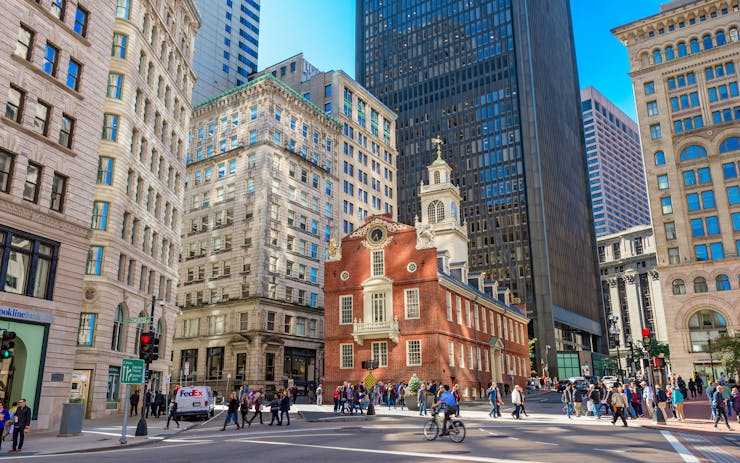BOSTON (AP) — House and Senate negotiators struck a cautious tone Monday as they resumed negotiations over legislation that would overhaul the state’s voter-approved recreational marijuana law.
The six-member conference committee met behind closed doors in a continued effort to resolve differences between the two chambers.
Heading into the meeting, Sen. William Brownsberger, a Belmont Democrat, said the committee was “working hard” but added that it would be “dangerous” to make any predictions about the outcome of the latest round of talks.
The panel missed an earlier, self-imposed June 30 deadline to strike an agreement. The negotiations were later suspended at the request of Democratic House Speaker Robert DeLeo while the Legislature focused on finalizing a $40.2 billion state budget that was sent to Republican Gov. Charlie Baker’s desk on Friday.
While both House and Senate leaders agreed that changes should be made to the marijuana law approved by 1.8 million Massachusetts voters in November, the two chambers differed sharply in approach.
The House voted to repeal the law and replace it with a bill that called for raising the tax on legal cannabis sales from 12 to 28 percent and giving local governing bodies such as city councils and select boards more power to prohibit or restrict the opening of retail marijuana stores.
The Senate’s more narrowly focused bill keeps the voter-approved law in effect and calls for no changes in the tax rate or municipal control.
Both measures call for revamping the makeup of the Cannabis Control Commission, a new agency that will be created to regulate both recreational and medical marijuana in Massachusetts.
Yes on 4, the group that sponsored the November ballot question, argues the current law is “well crafted” and not in need of major revisions.
Supporters of the law say further regulatory delays resulting from the legislative logjam could jeopardize plans to begin opening cannabis shops around the state in mid-2018.





